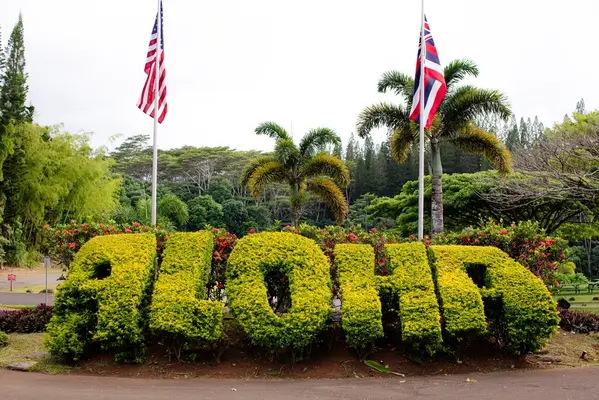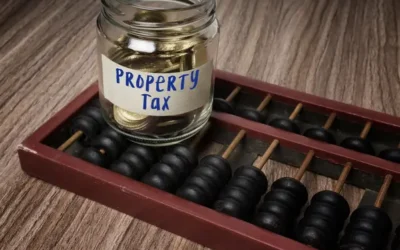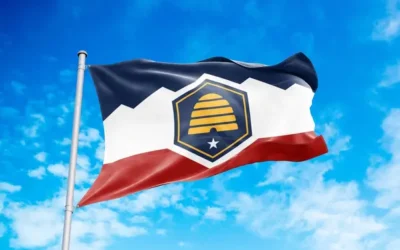VA Loan Guide for Veterans in Hawaii

Hawaii offers a unique housing market, blending stunning landscapes with vibrant communities.
For Veterans, the state provides specialized programs designed to make homeownership more attainable, from no down payment VA loans to localized housing assistance.
Whether you dream of settling in Honolulu’s bustling cityscape or enjoying Hilo’s laid-back charm, Veterans have access to resources that simplify the process. With a mix of rental assistance, affordable housing options, and financial counseling, Hawaii ensures its Veteran community can achieve stable and rewarding homeownership.
These programs are tailored to support those who served, creating pathways to a secure future in paradise.






